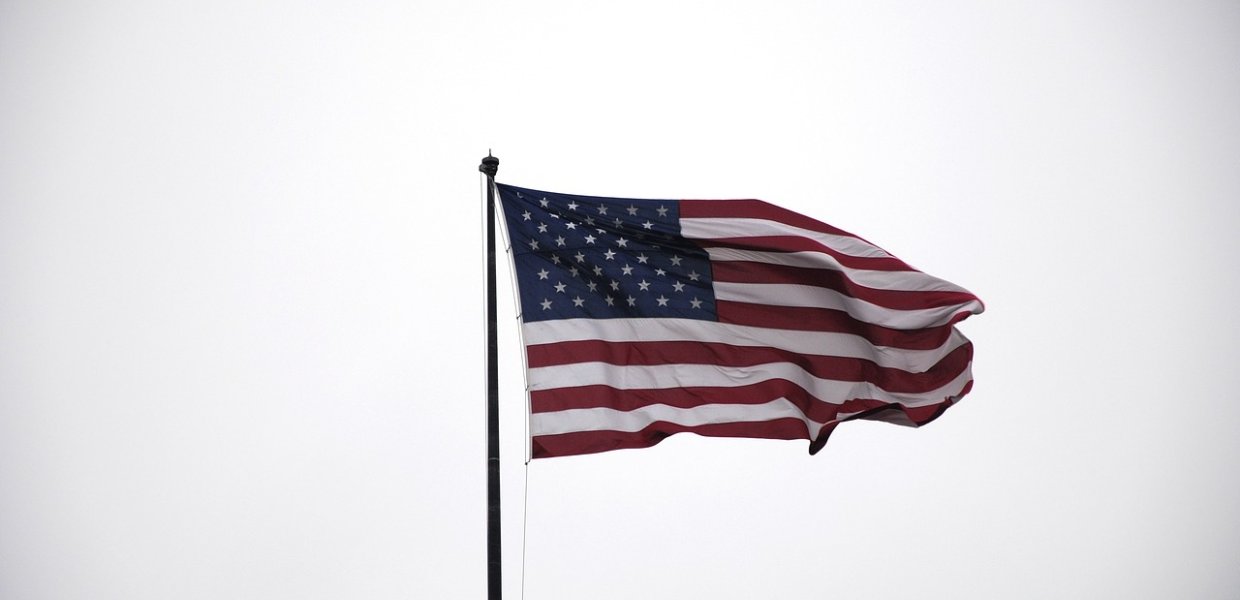Michael Jordan once said, “Republicans buy shoes, too,” and that statement could not be more relevant than it is today. In an environment that is becoming more and more politically divided, it was only a matter of time before the polarization plague infected big corporations. Brands are increasingly finding themselves in a catch-22 situation. The WE Worldwide’s Brand in Motion study reminds us that companies do not have control over an ever-changing environment and that results in challenges for a brand striving to remain relevant. Is joining the political discussion a way for brands to stay relevant? Depends on the brand.
Should brands align with one side of the political aisle versus another or tap out of the conversation?
The verdict is still out on whether companies should remain silent or pick a side on not only political but also social disputes. Big brands are faced with a tough decision that could cost them their reputation and even worse, their customers. Traditionally, the CEO’s personal ideology has reflected the company’s core values. It is not a new trend for companies to lean toward one side of the aisle or another, but in the recent hyper-polarized environment, a company’s political preference can be put in the limelight. For example, in the world of streetwear, which usually leans to the left, customers believe it is important for brands to disclose exactly where they fall on the political spectrum. According to Bobby Hundreds, a streetwear industry expert:
The most effective brands channel the people behind the label and their perspective. If you’re quiet in this climate, you appear disingenuous or sycophantic. Thirsty. And I guarantee that it will backfire. Whether today or in the future, your silence will speak volumes to the marketplace.”
Speak up or stay silent?
Like Bobby Hundred said, when companies claim to be guided by core values, but remain silent on a political issue that poses a threat to said values, the silence backfires. In a study conducted by Drexel University and Clemson University, the results found that “purchasing behavior was significantly affected if the company went against prior expectations.” As Starbucks CEO Howard Schultz wrote in an internal memo to employees, “let me assure you that we will stay true to our values,” where he defended his decision to hire 10,000 refugees after President Trump issued his immigration ban. Starbucks received both praise and resentment for this decision. Should brands like Starbucks ignore the criticism and support what its executives believe is a good cause? Is some praise worth the resentment? That is ultimately up to Starbuck’s executives. With that being said, there is a fine line between a company with core values that have been rooted in the brand since the beginning and a company expressing emotional sentiment towards a political issue as it presents itself. If brands act on their values, that would only strengthen an already loyal consumer base because the company stuck to its values and was not hypocritical.
So what does political action look like from a brand?
Brands became more politically active in the wake of President Trump’s immigration ban. Companies like Amazon, Google and Airbnb spoke out against the ban or took action to help impacted immigrants. Lyft donated money to the ACLU and Twitter’s CEO publicly expressed his disapproval of Trump’s actions. These acts of defiance were mostly well-received, but some brands were confronted with anger. #BoycottStarbucks started trending on Twitter after Starbucks pledge to hire 10,000 immigrants following the President’s announcement of the immigration ban. This is just one example of how a brand’s outspoken political opinion encountered disapproval and tainted the brand’s reputation for some customers. On the other side of the aisle, companies who have expressed their support for President Trump’s policies have also received disapproval from customers. New Balance endorsed the newly elected president with sneakers which resulted in some customers burning the company’s shoes in protest and sharing the videos on social media. No matter which side of the political aisle a brand chooses, there is a chance for serious reputational consequences, potentially even more so if they do not choose at all. It is up to the brand’s executives to decide which risks are worth taking and make sure their decision reflects the company’s core values.
As the rift between political ideologies in this country continues to grow, why should the type of toothpaste we buy politicize us as consumers? There are no right answers to these questions. It is up to a brand’s leaders to weigh the pros and cons of staying silent in a political debate or agreeing with one side over another. It has become increasingly more difficult for brands to stay neutral due to the growing complexity of our globalized world. Brands actively engaged in politics is the new normal and will only polarize society further. Soon, if not already, consumers will be politically profiling others by the type of coffee they drink, shoes they wear or rideshare service they use. In a time where civil discourse and acceptance is vital for an effective democracy, a brand’s participation in politics will only ostracize the public even more. Unfortunately, that involvement is inevitable.
To download a full copy of the Relevance Report, click here.









